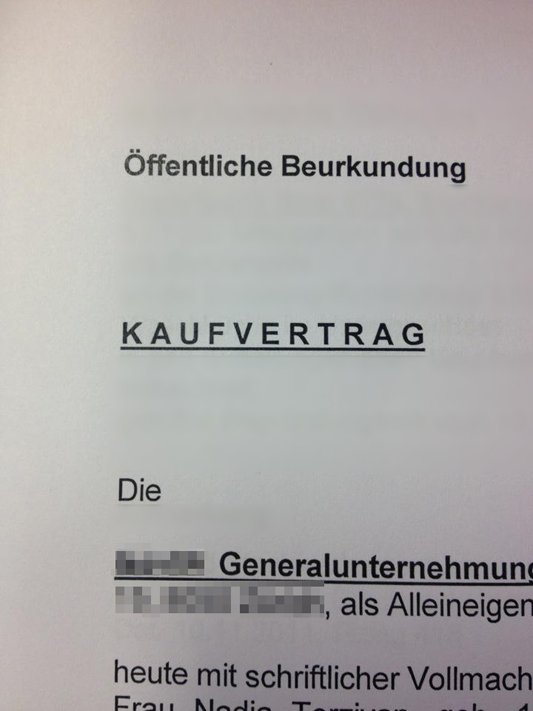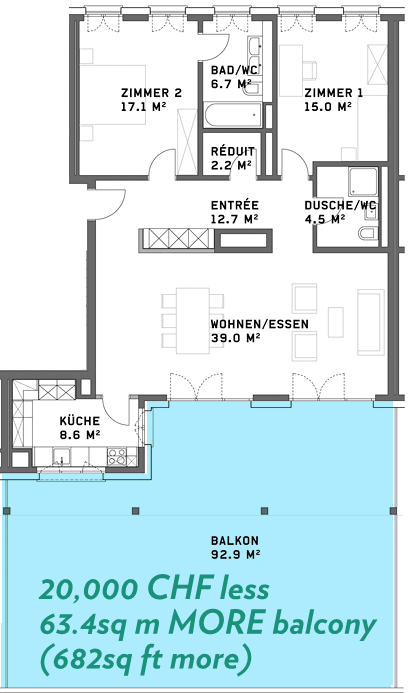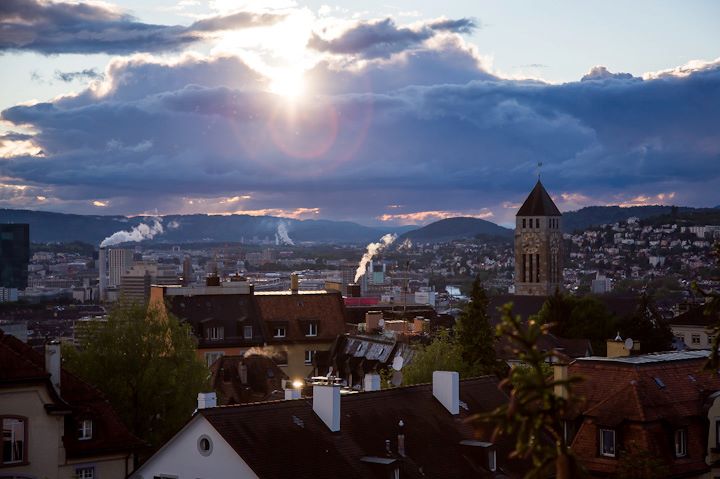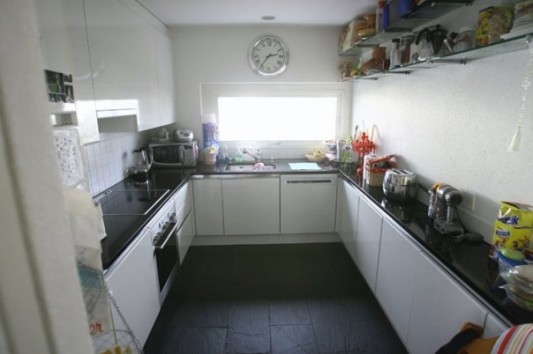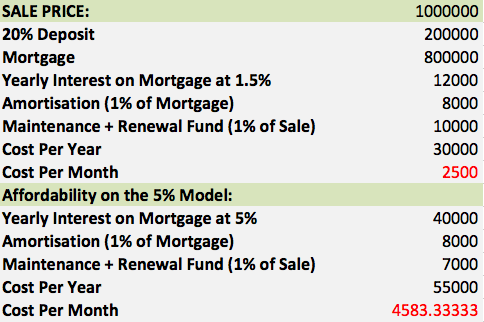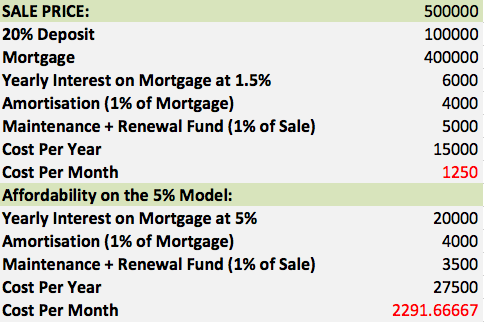While many neubau owners have to make large payments throughout the building process that require them to take early mortgages, our company offered us a simple and attractive purchasing plan in three steps:
- 30k Reservation fee
- 15% Sale price due when the contract is signed (minus reservation fee)
- 85% Sale price due when keys are handed over
After we visited the flat and decided we really wanted it, we paid the reservation fee and in theory, we were given a week to sign the contract.
The contract took forever to arrive though, and when it did we took it to VermögensZentrum in Zürich to have it reviewed by professionals. VZ gave us some helpful tips of things we should have changed or clarified and we had the contractor make the changes for us to sign.
There were some scary tidbits in the contract that we couldn’t change due to the fact that I am not Swiss (which I’ll mention later), but overall everything looked good. However it took ages for the contractor to remember to include the motorcycle parking space that Kay wanted for his bike so we kept waiting.
Kay was also in Cambodia for a month traveling, so much of the back and forth about the contract was done by email in German. It was pretty frustrating at times if I didn’t understand something and Kay was hard to contact. I met him in Singapore for holiday and it was there that we had our first big scare about buying because I am American.
While VZ ist not a bank, they also offer mortgages and they notified us that while we were qualified to buy the flat, they no longer offer mortgages to Americans due to the new implications FATCA brings to financial institutions outside the US. They were warning us that it might not be possible to buy unless we came up with an additional 160,000CHF so Kay could buy the flat by himself. Riiight. Like we have that kind of money laying around…
“Whatever!”, I thought. We were already pre-approved for a mortgage with Axa-Winterthur, so we are fine.
Kay was nervous though. So when I got back from Singapore, he had me contact Axa to see if they would still accept us even though it had only been a month since I’d met with them. But sure enough, when I contacted our insurance representative again, he told me,
“I’m sorry, but three weeks ago we changed our policy. Axa-Winterthur is no longer accepting Americans for mortgages.”
SHIT.
I started contacting other banks and insurance companies about their mortgage offers. No, no, no.
When Raiffeisen told me over the phone that they aren’t accepting American customers, I felt my stomach sink further than it has in years. This is not something about myself I can “fix”. I am American and I am only American. I do not have another citizenship, nor can I toss aside my only citizenship to free myself from these prejudices.
It was a sobering experience. Ten of the fifteen banks I contacted told me they flat out do not accept Americans anymore. I’ll write you all the reasons why I loathe FATCA later, but I understand the viewpoint of the Swiss institutions. It is a PIA for them to fill out paperwork for the IRS just because their customer is American. The IRS’s filing requirements for Americans living and working abroad are unfair for everyone involved, so many places here are taking the decision to simply avoid working with Americans.
It left a hard decision for us though. Kay had come home from traveling in April. The flat we reserved would not be ready for over a year and we had no idea which banks would say “yes” or “no” to Americans by the time we need to pay step #3.
Would we risk committing to buy a flat and not being able to finance it later because we are rejected for mortgages based on my citizenship?
Hell yes, we did!
We had around 5 banks that said they still accepted Americans, so it’s not like we couldn’t get a mortgage. We even had another big bank pre-approve us again before we bought and we were moderately happy with the terms. The risk is that we might not have the best mortgage offers available to Swiss and non-Americans, but that’s a risk we were willing to take in order to buy.
Have you read up about FATCA yet? It’s really not well thought out. But more on that later.
Want to catch up?

